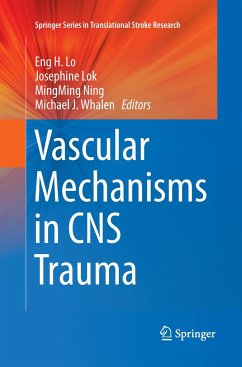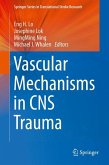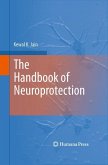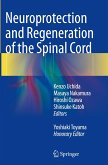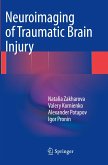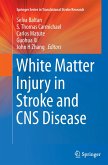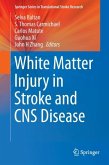While there are a number of books on the market that deal with neuronal mechanisms and targets, the proposed book will be the only one to cover the vascular aspects of CNS trauma. The contributing authors will present basic mechanisms, explain cutting-edge experimental models and techniques, and provide several clinical chapters that provide treating physicians with some insight on the cases that they see in the ICU. The table of contents is diverse and comprehensive with chapters on molecular mechanisms, physiology, pharmacology, stem cells, genomics and proteomics, in vivo MRI and PET, as well as the clinical management of vascular parameters.
From the reviews:
"This textbook on cerebral blood flow and physiology of head injury is worth reading for graduate students, experts in the head trauma research, and also to seasoned investigators. The work is done for the historical origins, developments over the past 30 years and especially the current literature. ... this is an excellent textbook for all neurophysiologists and stroke researchers from student to experts ... ." (Joseph J. Grenier, Amazon.com, December, 2013)
"This textbook on cerebral blood flow and physiology of head injury is worth reading for graduate students, experts in the head trauma research, and also to seasoned investigators. The work is done for the historical origins, developments over the past 30 years and especially the current literature. ... this is an excellent textbook for all neurophysiologists and stroke researchers from student to experts ... ." (Joseph J. Grenier, Amazon.com, December, 2013)

